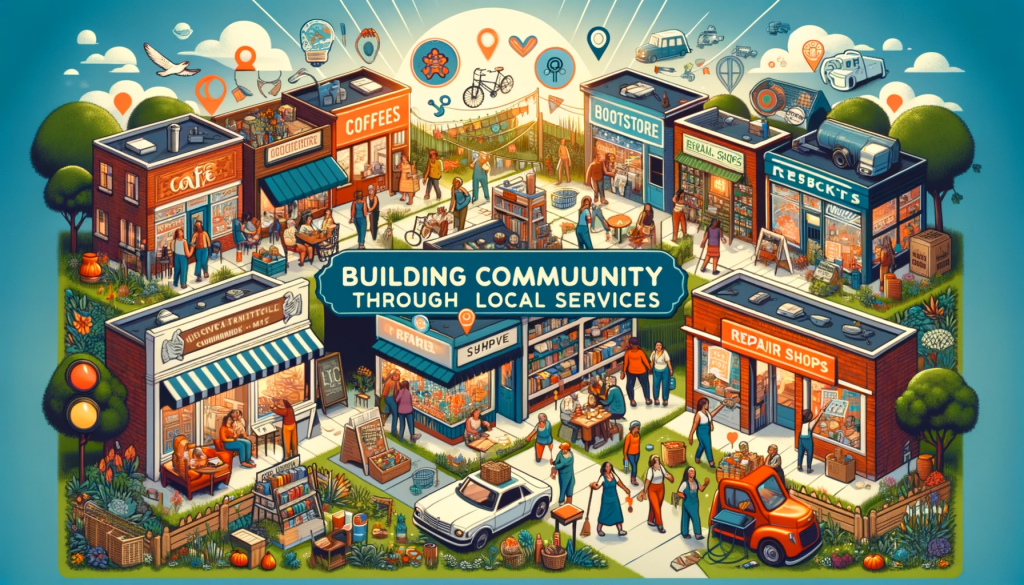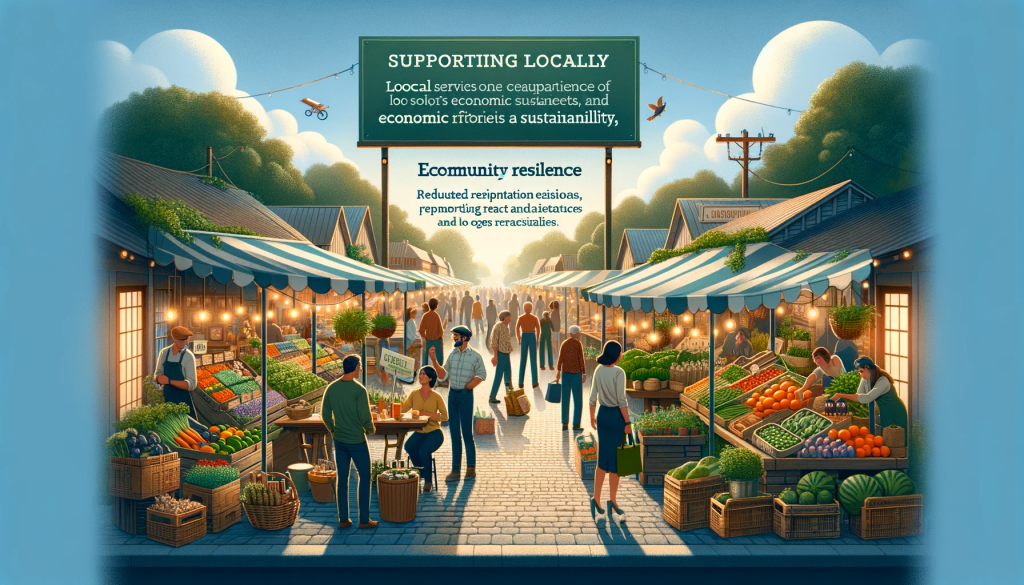In every neighborhood, local services—from cafes and bookstores to repair shops and markets—serve as the lifeblood of the community.
Beyond their basic economic functions, these establishments play a pivotal role in building a sense of belonging, fostering social interactions, and supporting local causes.
This article explores how leveraging local services can strengthen community bonds and contribute to the overall well-being of its members.
The Heart of the Community: Local Services as Gathering Spots

Begin with how local services act as communal hubs where people meet, exchange ideas, and build relationships.
Highlight examples like coffee shops hosting open mic nights or local markets organizing food drives, showcasing their role beyond service providers to community gatherers.
Supporting Local Economy and Sustainability

Discuss the economic benefits of supporting local services, emphasizing how money spent locally circulates within the community, supporting job creation and fostering economic resilience.
Include insights on the environmental benefits of choosing local services, such as reduced transportation emissions and support for local agriculture.
Fostering Social Cohesion Through Events and Workshops

Showcase how local services often host events and workshops that bring people together, promoting social cohesion.
Whether it’s a DIY workshop at a local hardware store or a cooking class at a neighborhood restaurant, these activities offer unique opportunities for community members to connect and learn new skills.
Local Services and Community Health

Examine the link between access to local services and community health outcomes.
Discuss how services like local gyms, parks, and recreational centers contribute to the physical and mental well-being of the community by providing accessible spaces for exercise and relaxation.
Promoting Inclusivity and Diversity

Highlight the role of local services in promoting inclusivity and diversity within the community.
Feature stories of services that cater to various cultural, linguistic, and age groups, thus becoming inclusive spaces that celebrate diversity.
The Role of Technology in Connecting Local Services and Communities

Explore how technology platforms and social media have become tools for local services to engage with their community, promote their offerings, and support local causes.
Discuss the emergence of apps and online platforms that facilitate community support for local businesses, especially during challenging times.
Challenges and Opportunities

Address challenges local services face, such as competition from large corporations or online retailers, and how communities can rally to support them.
Discuss strategies for local services to remain competitive and relevant, such as adopting sustainable practices or leveraging digital marketing.
Conclusion
Conclude by emphasizing the irreplaceable value of local services in building stronger, more connected communities.
Encourage readers to actively support their local services, not only as consumers but as community members who contribute to the vitality and resilience of their neighborhoods.
By dissecting the multifaceted role of local services in community building, this article will provide readers with a deeper appreciation for the establishments they frequent and inspire more active engagement with the local services that shape the character and health of their communities.
